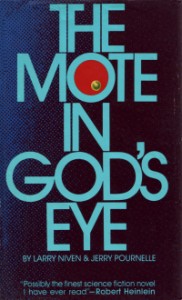I thought I should write a note on this course offered by the Ross Business School of the University of Michigan on the Coursera platform that also ended last week. It’s a ten-week course that I enrolled in out of a slight interest I have in the subject, due to my passing knowledge in accounting and economics.
As with Algorithms 1, I learned a great deal but the quality of this course is markedly lower. Most notably, there was a complete lack of instructor presence and oversight on the official forums. This lack of feedback left many students frustrated and encouraged students to freely discuss and share solutions to assignments with each other. With no moderators to rein in behavior, this left the forums a chaotic mess.
The problem was also exacerbated by the limited pool of questions available in the exercises. For these reasons despite that the fact that this course offers a certificate and Algorithms 1 doesn’t, I’d put more stock in the integrity of the grades in the latter. And yes, this even takes into account the fact that the final exam for the Finance course is timed while the one for Algorithms isn’t.
One excuse is that the enrollment for the Finance class was much, much higher than that for Algorithms, so much so that Professor Gautam Kaul might have been discouraged from the start from being able to intervene in any meaningful fashion in the forums. I believe that there were over 50k students in the class. But I also suspect that quality of the forums was also degraded by the fact that many students were motivated primarily by the offer of a certificate rather than the love of learning. I found the many posts in the forums begging the professor to let them have the certificate despite failing the final to be ridiculous and in extremely poor taste.
Finally, while finance is in many ways more practical than algorithms, after all I hold significant investments but don’t make any money from writing programs, I can’t help but feel that it is less relevant. Despite all that I’ve learned, I still can’t see how the models apply to the real world, given that the models are supposed to work only in an ideal environment (perfect market, frictionless transactions, no taxes etc.) It’s all very interesting in a theoretical sense, but I can’t help feeling that it’s all a bit bunk and that academic finance, at least at this introductory level, is pretty much useless in a real world context. I think I’ll stick to the computer courses from here on out.

